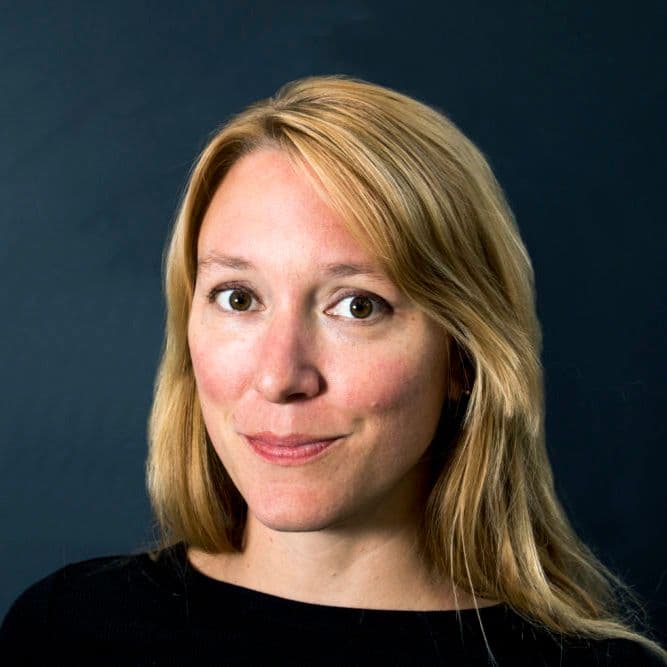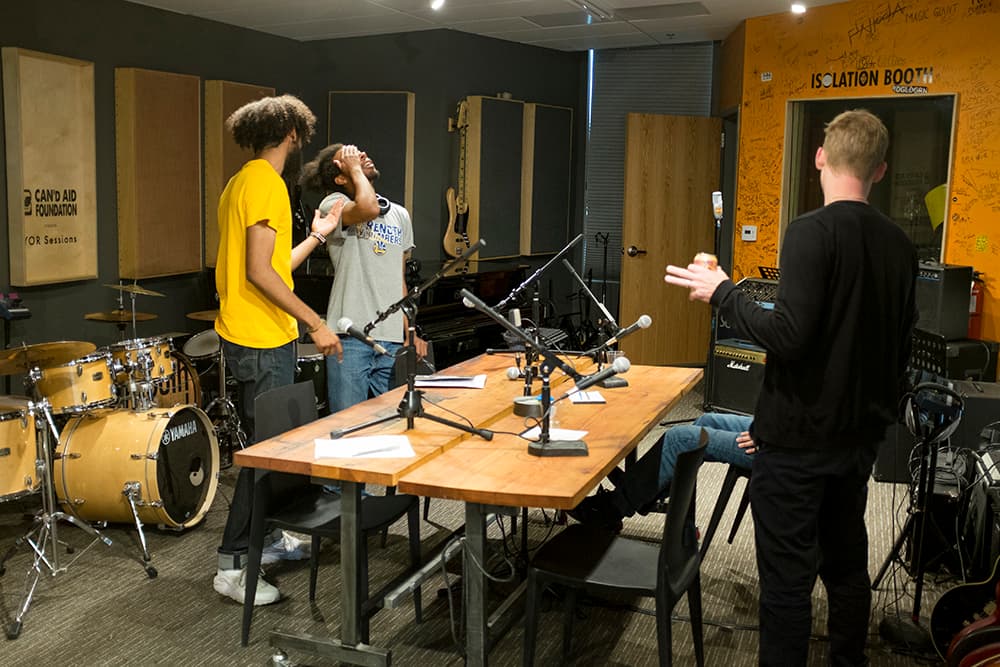Denver's music industry is about to get a boost to the tune of $80,000 in grants from the newly created Denver Music Advancement Fund.
The money is part of the also-new Denver Music Strategy, and will be directed toward "new projects that will spur growth in the local music business as well as growing new audiences, particularly youth," Denver Arts & Venues announced Tuesday. It was developed by musicians, businesses, government representatives, nonprofit leaders and educational institutions who looked at best practices, a decade's worth of music development partnerships and more than 90 interviews with people in the Denver music scene.
And though the city began to build the program several years ago, the first seeds were planted more than a decade back.
"We actually did, in 2007, a music study called Listen Local and that was just to garner a baseline understanding of labor market data, which is tax and other types of data regarding the music industry -- number of employees and things like that -- and a few interviews in the field to start the conversation," said Lisa Gedgaudas, program administrator for Arts & Venues' Create Denver.
Since then, Denver has changed dramatically and the city and state's approach to music has evolved. The city convened a music industry task force and launched the Denver Music Summit. Governor John Hickenlooper created the Take Note initiative meant to provide K-12 Colorado students with music instruments and instruction. And organizations like Youth on Record have grown and thrived.
So about three and a half years ago, Gedgaudas said, the city decided to update its music labor market data and "get back out into the field." It partnered with University of Colorado Denver Director of Creative Industries Research and Policy Michael Seman and began again to look at the tax data and conduct interviews with musicians, nonprofit leaders, educational institutes and businesses.
Among the findings in their analysis: In the Denver metro area, the music industry can be credited for 8,500 jobs and $842.4 million in revenue. From 2010 to 2016, it saw 30 percent job growth — 1,900 jobs — making it one of the fastest growing industries for employment in the region, ahead of energy, aerospace and biotech.
But, as Gedgaudas said, that doesn't tell the whole story. It's the interviews that really fill in the picture.
"We wanted to get a better understanding of everyone. Out of that came the strategy, which pivots, really, toward getting this fund open and available to the community," Gedgaudas said. "We take our time and, as you can imagine, some of the common threads are that we need more space for younger people, underage space or alternative-use space, alcohol-free space, affordable space, things like that."
The plan covers a lot of ground, from statewide policy to supporting the city's youngest artists. There are five main components, per Arts & Venues:
- Continue research, policy development and advocacy through global, regional and local partnerships including programs like Colorado Creative Industries’ Music Strategy for the State of Colorado and those at the University of Colorado Denver College of Arts & Media.
- Convene the Denver Music Advisory Panel, an advisory group comprised of musicians and business, government, nonprofit and educational leaders, to support long-term strategies to amplify Denver as a global music city.
- Launch the Denver Music Advancement Fund, which will provide $80,000 in the first year to support initiatives that advance the Denver Music Strategy and IMAGINE 2020 cultural plan.
- Support safe and affordable creative spaces for creative production, youth engagement, artistic growth and musical collaboration by working directly with city agencies, the community, businesses and organizations.
- Support emergency preparedness initiatives by adapting successful models from arts and cultural institutions.
If that sounds incredibly broad, that's because it is. Arts & Venues is already up to its eyeballs in work to foster safe creative spaces post-Ghost Ship fire and Rhinoceropolis evictions and the state is involved in music education through Take Note Colorado. Through the Denver Music Strategy, the city hopes to get more involved in youth-oriented music programs, learning which schools need support, what kinds of support to prioritize and how to encourage schools and programs already doing good work to give kids access to music.
As for the "emergency preparedness initiatives" — it's a lot of things. The city got a grant from a group called Lyrasis , via the Mellon Foundation, and is working with Meow Wolf, Levitt Pavilion, the McNichols Building, Five Points Jazz Fest and the Colorado Creative District on things like mental health, first aid, compliance plans, building safe experimental spaces and planning for things like natural disasters or shootings.
Probably the most concrete piece right now is the Denver Music Advancement Fund grants, which fit into the strategy as an "initial investment," according to a press release. At least 60 percent of what Arts & Venues does is music related, Gedgaudas said, so it only made sense to "activate that funding in the community."
Music-centric proposals and initiatives can receive up to $7,500 a piece, and projects have to take place in 2018-19 calendar years and demonstrate financial and resource matches.
To get that money, they must:
- Increase advocacy, impact and contributions to a more empathetic and equitable society through music
- Indicate and encourage creative collaborations that transcend discipline boundaries
- Explore a broad range of musical genres
- Engage broad and diverse communities, especially youth
- Provide student-centered and culturally-relevant instruments and instruction to Denver schools that offer limited or no music education
- Leverage additional funding resources to support sustainable growth in the field
- Have potential for significant artistic and cultural impact on a community
- Reflect the applicant’s unique interpretation of music advancement
- Support career growth and capacity-building
- Show artistic strength, vision, originality and professional capabilities
- Explore global and culturally diverse connections
- Understand the professional and creative landscape of the music ecosystem
- Take risks and articulate an original vision
Proposals will be accepted through Aug. 3 and grant recipients will be notified later that month. More guidelines and the online application are at artsandvenuesdenver.com/denver-music-advancement-fund.
"I think that, honestly, getting the community activated through some funds is gonna really tell us what kind of city we’re working in, living in, thriving in, using music as the mechanism of change," Gedgaudas said. "You tell us. What are you doing? And how can we take that forward? ... I would say what I’ve learned is we really start chipping away at how we understand our community and its needs best by opening up the door and saying, 'Who are you? What are you doing out there? How can we help you?"
Correction: An earlier version of this article had the incorrect name for the company Lyrasis.













